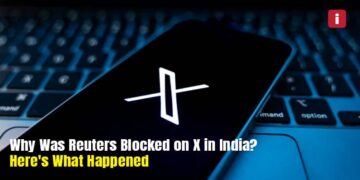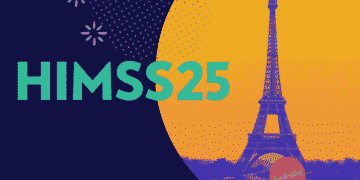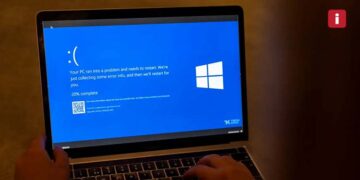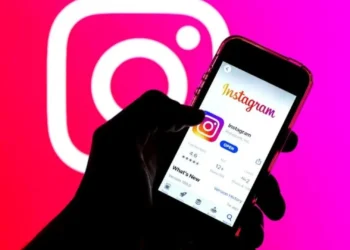Imagine every password you use your Gmail SIGNING, your Instagram legitimation, your online banking passport – flies somewhere in the dark corners of the Internet. Multiplies the risk by 16 billion now. It is not thought or scared. This is the tough truth revealed by cyber security researchers who have revealed one of the largest and most dangerous data tires in internet history.
These outstanding fractures, exposed by cyberrenus and confirmed by Forbes, discover a large scale cache of username, password and e -mail addresses obtained from about 30 different databases. Produced part? Most of this data are not old or old. A huge part comes from the recent hacket, which is capable of sophisticated info cells -malware, which means it is healthy, active and strongly exploitative.
What really happened?
It wasn’t a single break. Instead, there is a huge collection of login data stolen from many previous events – some dating of years, others recently as weeks ago. Cyber criminals have collected this data and packed it in a highly organized format that includes login url, email and password for regular text.
With simple words, no people with access to these items need to be a technical talent. Even low -level hackers can affect you now, break into your accounts and potentially steal your money, your identity or personal conversations with a few clicks.
The real danger is not just volume; This is the emergency preparedness of this data for utilization.
Can you be affected?
Yes – and you didn’t even want to know. The violation affects almost all popular platforms: Facebook, Instagram, Gmail, Apple, government services and bank portal.
Before the nervousness set is the smart trick to check if your credentials are $ 16 billion using a well -known and reliable device: HaveIBeenPwned.com
Enter your e -post and the site will immediately tell you about your data found in some known fractures, what kind of data was exposed, and what platforms were affected. If your e -post or login appears in their database, your red flag is to take immediate action.
What you should do now to protect your accounts
If your information has been compromised – or even if it has not been yet – only recommends cyber security experts:
1. Change all passwords immediately
Start with e -mail accounts, bank portals and cloud storage services. These are your most sensitive digital features. Make your new password far, composed and unique. Avoid using the same password, even with small changes.
2. Use strong, unique password for each login
Your passwords should be:
- At least 16 letters long
- Blend of uppercase letters, lowercase letters and symbols
- Other platforms are never reused
3. Enable Multifactoratening (MFA)
It adds an extra layer of protection. Even if a hacker has your password, they cannot reach your account without the other phase (such as app-Birted Code or Safety Key). Apps like Google Authentic, Microsoft Authentic and Authy are far safer than SMS-based codes.
4. Get a password processing
Apps such as 1Password, BitWorden or LastPass can help you generate and save complex passwords safely. You just have to remember a master’s password to manage them all. These devices are lifestyle in the time of extensive identification leaks.
5. Keep the equipment and app updated
Cyber criminals utilize old software. Always keep OS, browsers and apps updated. Most updates include patch for newly discovered security weaknesses.
6. Be careful for fishing efforts
This leak is expected to expect a spike in the fishing -e -post and SMS fraud. Do not click on the suspected link or reply to messages to personal information or login information. Always check the requests freely – especially if they immediately or threaten.
7. Monitor financial accounts carefully
Keep an eye on your bank transactions, credit reports and password reset notifications. If you see something strange, you work quickly. Enter the notice to track unusual login activity or purchase.
Why is this fracture different
We have seen the first data leak – but this scale, depth and freshness that one is specific dangerous. The total password of $ 16 billion billion is not a headline. There is a dream database of a cyber criminal. Combined with artificial intelligence tools, hackers can now launch automatic credentials on the scale that we had never seen before.
Your digital identity is a currency. Don’t leave it uncontrolled.
Final View | Your online security depends on, don’t pour
You don’t have to be a cyber security expert to protect your own, but you have to work now. When you take some important steps today, you can save yourself from theft, financial loss and digital chaos tomorrow.
The Internet is a powerful place but it is not always safe. With 16 billion password leakage while shaking the foundation of online confidence, your best defense preparation, vigilance and smart digital hygiene.
Be preserved, be informed
Follow the Insight Tech chat for real-time cyber security updates, tips and expert technological news. Your life online is worthy security – and we are here to guide you at each stage.













































